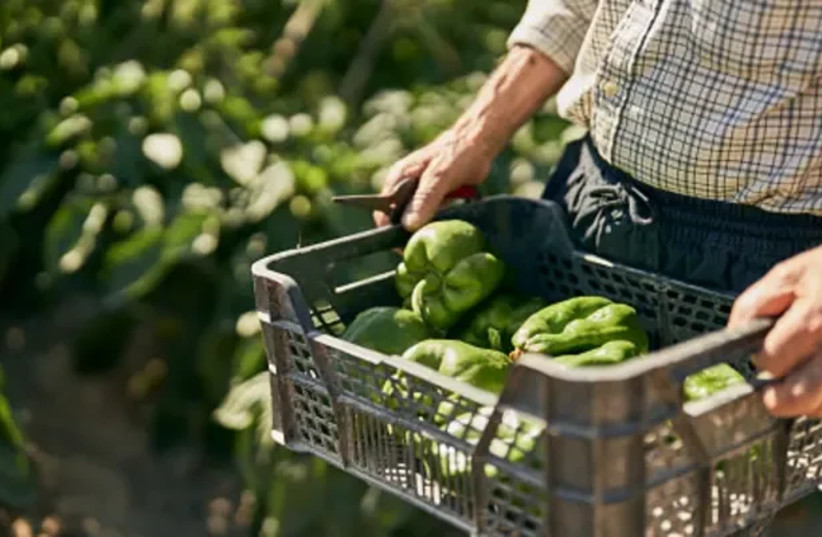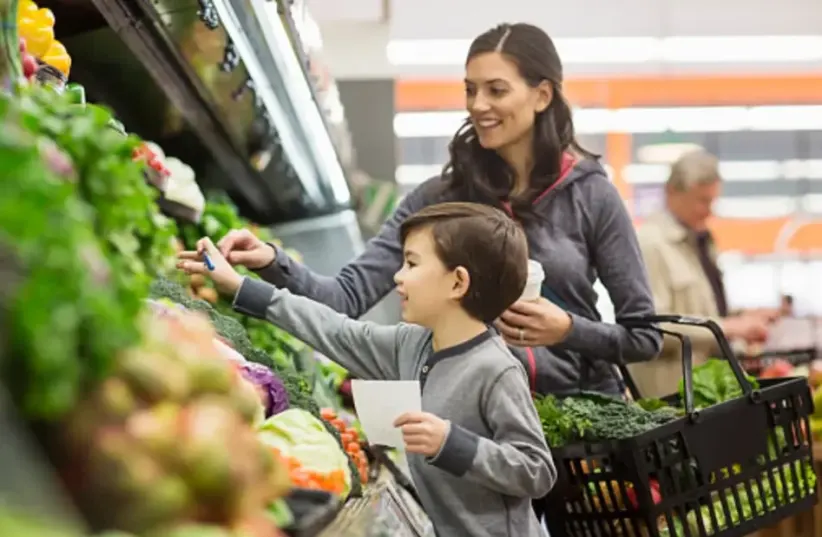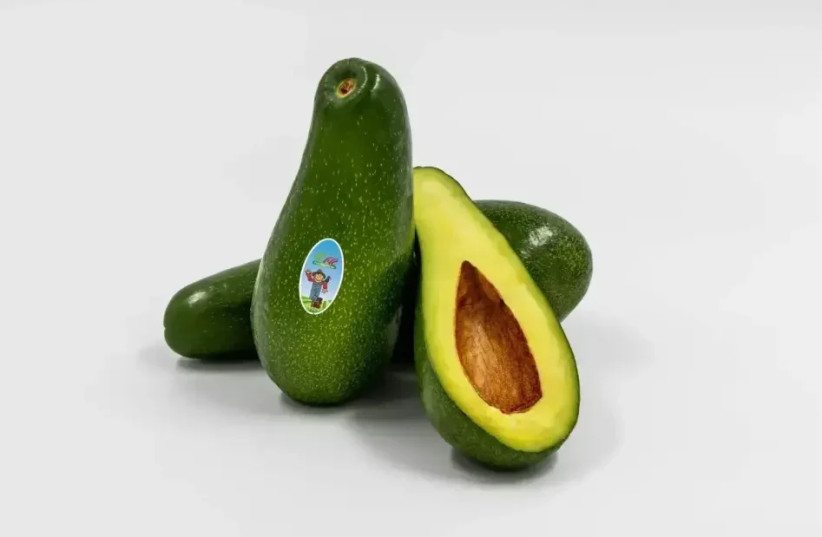The article was written in collaboration with the Galil company.
From the founding of the state to the present day, Israeli agriculture has been a source of national pride. It was not only the fact that the farmers blossomed the wilderness, drained swamps and built farms out of nothing, but also the Israeli uniqueness in which small units of land succeeded and still succeed to this day in yielding enormous produce.
To this must be added the wide variety: unlike other countries in the world that focus on a number of main crops according to the local climate conditions, in Israel you can find most types of agricultural crops, and this against the background of its climatic and topographic diversity that includes high and cold areas, desert areas and temperate areas adjacent to the Mediterranean Sea.
Israeli agriculture began to develop at the end of the 19th century and even though many years have passed since then, even today agriculture does not stand still and delegations from all over the world come to learn how Israeli dairy farms manage to produce maximum amounts of milk, and the magic secret of desert agriculture. But as we know, not everything is rosy and due to the frequent social and technological changes, traditional agriculture has been shrinking over the years. "The agricultural sector is currently estimated at only about 8,000 agricultural farms, most of them large and medium-sized," notes Yeftah Ortal, CEO of Galil Shok Local, one of the leading companies in Israel for marketing agricultural produce. "This number was double or even higher just 20 years ago, and the decrease in The economy is due to various factors such as the global climate crisis, the massive construction that reduces the cultivation areas, the expensive cost of water, the difficulty in obtaining working hands in agriculture and the heavy taxes imposed on those involved in the industry," he explains.

The number of farms did decrease, but the product remained the same, what's the problem with that?
"It is true that the scope of agricultural production was not affected as a result of the reduction in the number of agricultural farms, but it should be understood that the active farmers today face quite a few challenges, and the state needs to understand this and incentivize them in order to ensure the country's nutritional security.
We saw the importance of this in the Corona crisis and we see This is even today, when Israel is almost in a regional war with various boycotts and import difficulties. It should also be remembered that since the establishment of the state, farmers have been the settlers of the borders under the principle that 'the line where the plow passes, that's where the border line will pass.' Therefore, fewer farmers means the abandonment of vital areas on the border the border".
The Galil Shuk Local Market Company, or under its commercial name "Galil", was established in 2012 by Tishlevot Milovat, which brings together 25 kibbutzim and moshavim in the Western Galilee to provide marketing and logistics services for fresh agricultural produce in the local market.
As of today, the company markets fruits and vegetables in an extensive basket of over 70 products including: bananas, avocados, pears, citrus fruits, watermelon, summer fruits, exotic fruits such as lychees and anona, deciduous and various vegetables such as: onions, beets, pumpkins, courgettes and more. Galil works with packinghouses from the north to the south as well as directly with farmers and provides services to over 200 farmers from Rosh Hanikra and Kibbutz Dan in the north, to Moshav Shuva, and Kibbutz Ein Hashlosha in the Gaza Envelope.
The company employs only 20 people, most of whom are veterans who have been working there since its foundation. Every year the company markets close to 100 thousand tons of produce (vegetables and fruits) only in the local market.
"Galil's activity is growing all the time and we are working to deepen and expand the company in the existing fields by adding growers and packing houses, and to distribute fresh Israeli produce to the Israeli public," Yiftah points out. Makes every day to continue to maintain normal trading and working conditions. Even these days, the company continues to improve the provision of service and products to its customers."
You work with many farmers from the Lebanese border and surrounding Gaza. What are the difficulties they face in these troubled days?
"First, the farmers in these areas cannot access some of the growing areas because they are ranged. Second, and this is an equally acute problem, there is an acute shortage of working hands due to the war. Many Thai and Sri Lankan workers left the country with the beginning of Operation Iron Swords and the supplementary manpower, the Palestinian workers , do not naturally come.
So it is true, there is a spirit of volunteerism in the nation and people from all walks of life come to lend a hand, but they are not really skilled in the work of picking, so it is not a long-term solution, and unfortunately the state solves things lazily. As of today, we are seeing a gradual return of Thais But it's still not on the scale we're used to."
"The Galil company helps farmers as much as it can, whether it's in locating manpower, whether it's in advancing payments, logistical help, transporting the goods, etc. It can be said that the farmers who work with us were harmed but less - since the envelope we give them helps them survive the difficult period. At the same time, these days vigilance is required on the part of consumers to ensure that they consume "blue and white" fruits and vegetables and thereby provide support to Israeli farmers."
As of today, Galil has over 250 customers throughout the country, starting with the major marketing chains and ending with boutique grocery stores. The company appeals to a large clientele, including the ultra-orthodox sector and includes all types of required kashrut. "All the agricultural produce is marketed under the Galil company and our premium produce is marketed under the "Gil Hadhalil" brand," Yiftach points out. If the name Galil is synonymous with quality, then Gil Dahalil is synonymous with premium quality. That's why consumers who want to make sure that they are indeed buying the best produce should pay attention to packages with the Galil name stamped on them or to products with the Gil Dahalil quality label."

